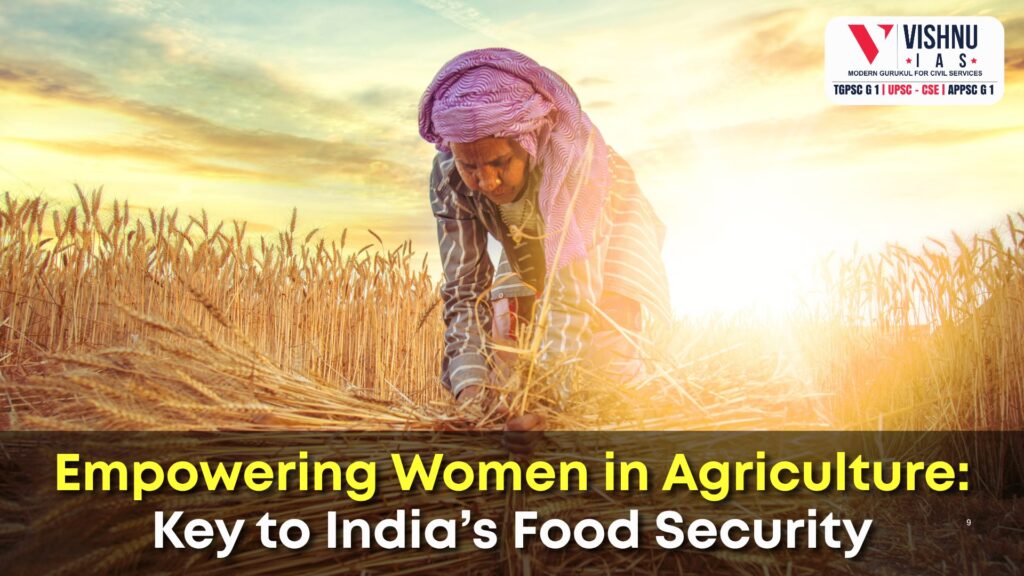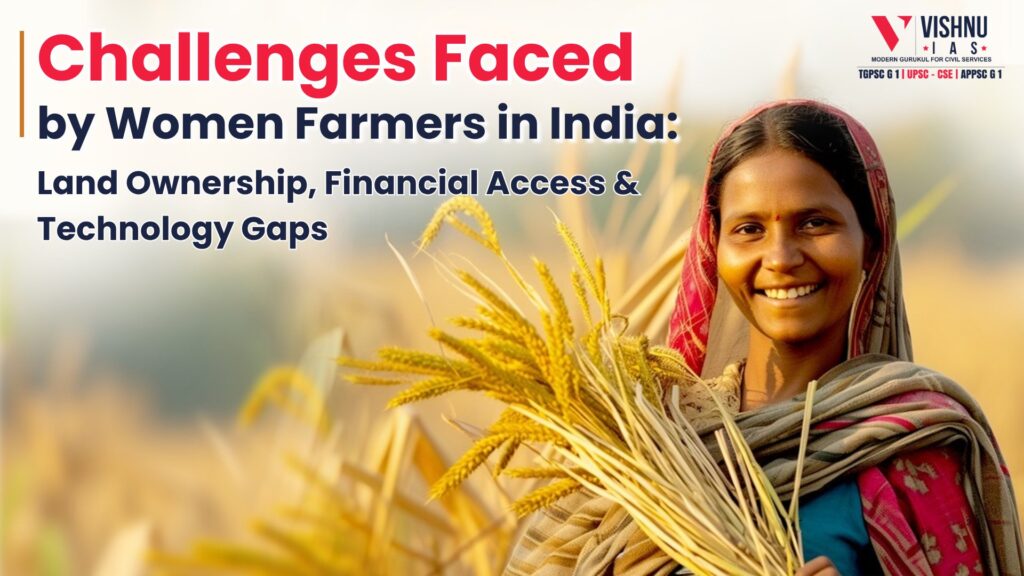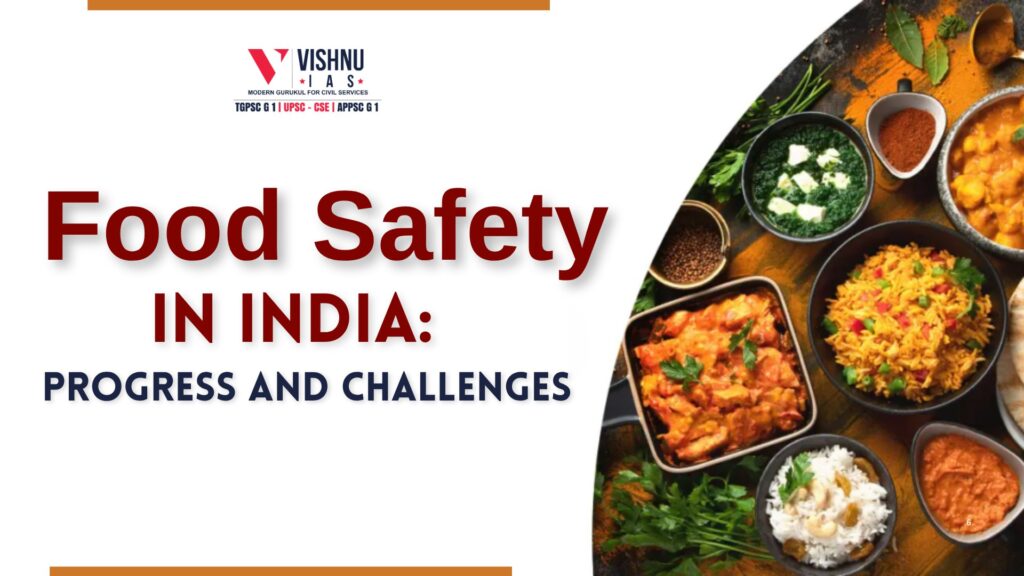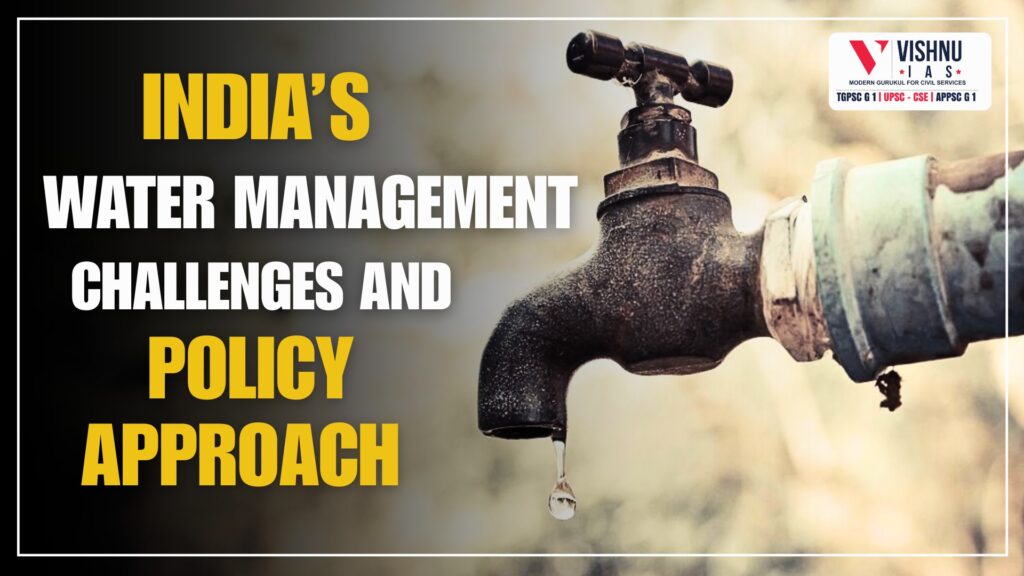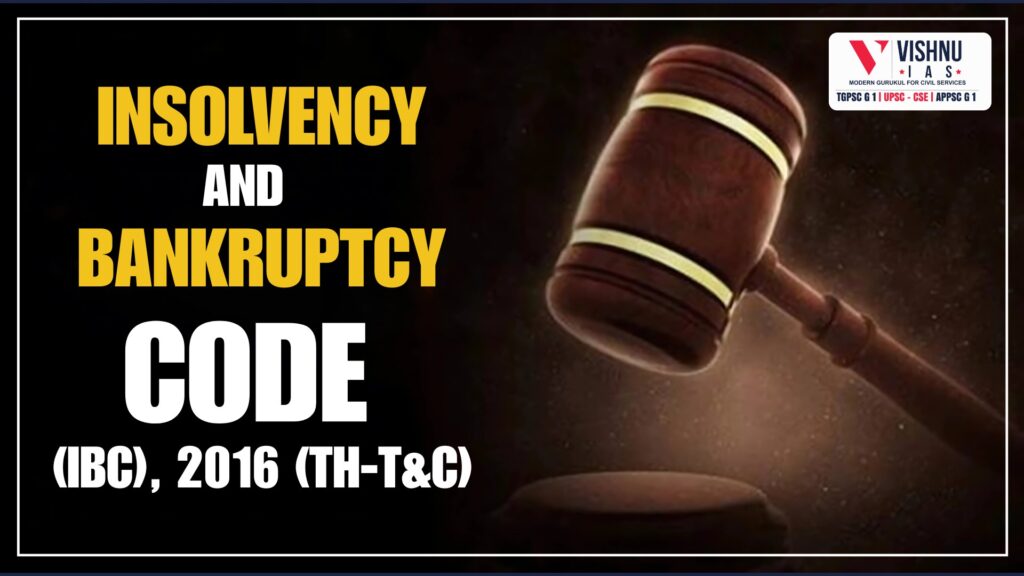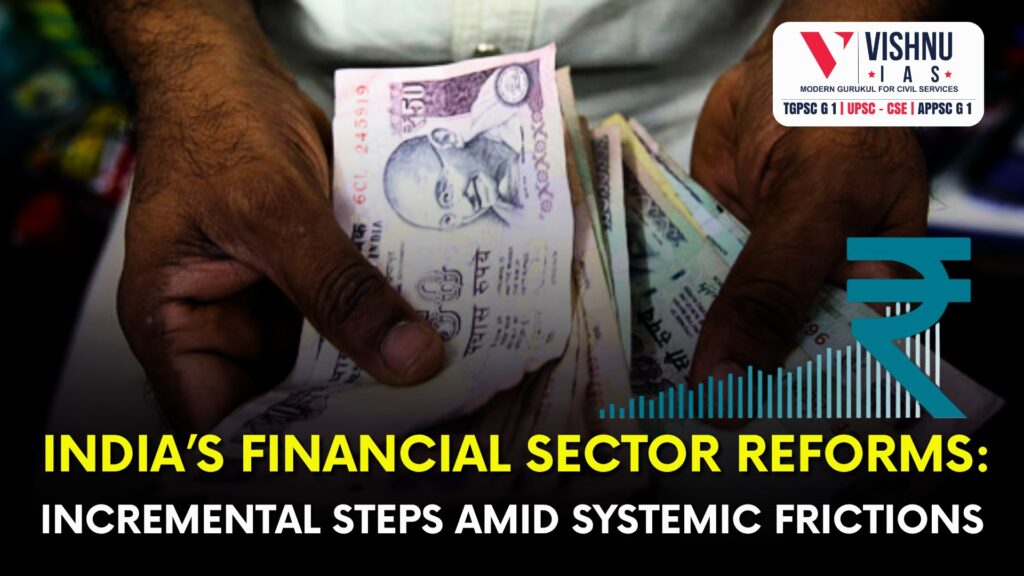India’s Aviation Safety: From Reactive Responses to Proactive Reform?
India’s Aviation Safety: From Reactive Responses to Proactive Reform? Aviation safety requires a forward-looking, risk-based framework that emphasizes accident prevention through strict regulations, transparent investigations, continuous training, and independent oversight. While India’s global aviation safety ranking improved from 102nd to 48th after the 2022 ICAO audit, recent high-profile accidents, including the tragic June 12, 2025 […]
India’s Aviation Safety: From Reactive Responses to Proactive Reform? Read More »



